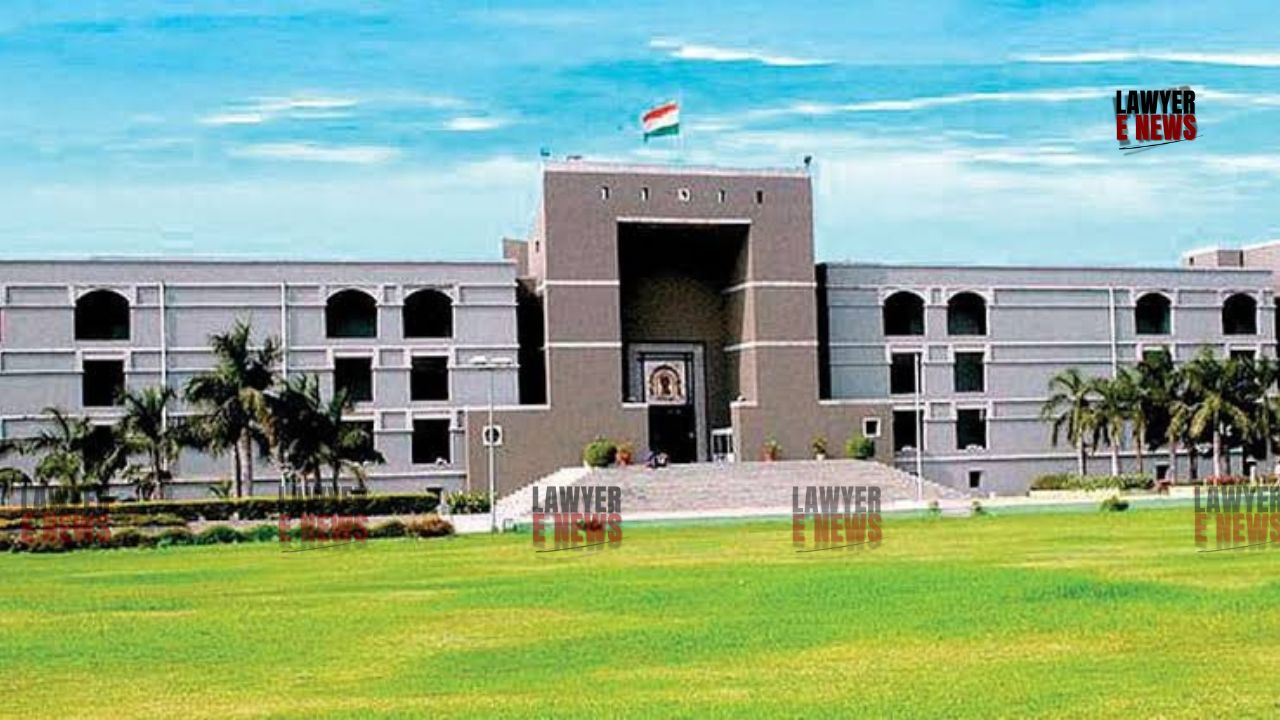-
by Admin
15 February 2026 5:01 PM



The Court rejects petitions challenging the FIR in a case involving alleged forgery, cheating, and criminal conspiracy resulting in a loss of ₹6.69 crores to the state exchequer. The Gujarat High Court has dismissed the petitions filed by Harshadbhai Govindbhai Patel and Nikunj R. Thekadi seeking to quash the FIR in the GCERT printing scam. The bench emphasized the serious nature of the allegations involving forgery, cheating, and criminal conspiracy, which led to significant financial losses for the state. The judgment highlights the importance of maintaining integrity in public contracts and the severe consequences of violating public trust.
The case stems from a contract awarded by the Gujarat Council of Education Research & Training (GCERT) for printing educational materials. Reliable Art Printery Pvt. Ltd., represented by Director Nikunj R. Thekadi, was awarded the contract as the lowest bidder. However, a Public Interest Litigation (PIL) filed by Prakash Kapadia revealed that the company was allegedly overpaid by altering the tender terms post-approval, resulting in a loss of ₹6.69 crores to the government. The Comptroller and Auditor General (CAG) audit confirmed these discrepancies, prompting GCERT to initiate recovery proceedings and file an FIR against the accused.
The court underscored the gravity of the audit findings and the subsequent investigation. It noted that the accused manipulated tender documents and altered approved rates, thereby defrauding the state. The judgment referenced the Supreme Court’s stance that each criminal case must be evaluated on its own merits, emphasizing the uniqueness of the facts in this instance.
The court highlighted the coordinated efforts between the accused to alter tender conditions illicitly. It pointed out that such actions were not only a breach of contract but a deliberate attempt to cheat and cause financial harm to the public exchequer. The court quoted precedents establishing that criminal conspiracy can be inferred from the circumstances and the conduct of the accused.
Justice Hasmukh D. Suthar elaborated on the elements of criminal breach of trust and forgery. He stated that the accused's actions demonstrated clear criminal intent and a violation of public trust. The alterations made to the tender documents without authorization, and the subsequent financial gains, fulfilled the criteria for offenses under sections 406, 409, 420, 467, 468, and 120(B) of the Indian Penal Code.
The court reiterated the principles from the Supreme Court's rulings on the limits of the High Court’s power to quash FIRs. It stressed that the power should be used sparingly and only in cases where the FIR does not disclose any offense. In this case, the detailed allegations and supporting evidence warranted a full investigation.
Justice Suthar noted, "The actions of the accused are not mere breaches of contract but constitute a clear case of cheating, depicting a culpable intention to defraud the government". He further added, "The alteration of tender documents post-approval reflects a deliberate and dishonest act aimed at siphoning off public funds".
The dismissal of the petitions by the Gujarat High Court signifies a stern approach towards safeguarding public funds and ensuring accountability in public contracts. This judgment sends a strong message about the judiciary’s commitment to addressing corruption and upholding the principles of justice. The case will proceed to trial, reinforcing the legal framework against financial fraud and conspiracy in public administration.
Date of Decision: 16 July 2024
Harshadbhai Govindbhai Patel vs. State of Gujarat
